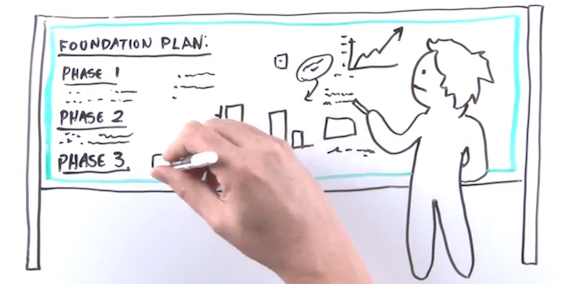Preparing young adults for involvement in the family’s philanthropy

There are a number of strategies for teaching young adults about family philanthropy, and preparing them to become involved. This slideshow provides several suggestions for families thinking about how to build and engage a new generation of philanthropic leadership.
Preparing young adults for involvement in the family’s philanthropy
Review the nuts and bolts.

Hold a workshop to review the foundation’s mission, history, bylaws, and investments. Provide a board booklet with reference materials.
Visit a range of programs to learn about issues.

Bring young adults to meetings and on site visits to organizations that range in scale and approach. Debrief afterwards. Image courtesy of The DreamYard Project.
Teach about philanthropy.

Invite philanthropic educators to share information about the history of American philanthropy, philanthropy in different cultures around the world, and giving philosophies (i.e. engaged, social change, strategic, and venture philanthropy).
Talk about legacy.

Invite speakers who can talk about the donor’s life and the foundation’s history. Discuss the history of the foundation’s money, and what that means for its legacy.
Introduce young adults to peers.

Visit other family foundations, go to conferences and introduce young people to other young trustees and professional staff.
Define young adults’ roles.

Educate young adults about being a trustee (or other position they hold) and the scope of their responsibilities and decision-making authority.
Provide technical information.

Teach young adults how to read nonprofit financial statements and about the other technical information they will encounter.
Help young adults to explore and articulate their individual philanthropic interests.

Invite young adults to write personal philanthropic mission statements to explore and articulate their values, experiences, and giving goals, and share your own. Generate lists of activities they are interested in becoming involved in during the coming year. Ask them to prioritize and work with them to take next steps.
Encourage mentoring.

Encourage mentoring relationships outside of and within the family.
Provide opportunities to learn.

Invite young adults to attend philanthropy conferences, regional gatherings, nonprofit events, and other educational forums. Offer subscriptions to philanthropy and issue-based journals. Share and discuss resource materials and books.
Create opportunities to develop foundation materials or programs.

Identify materials or programs the foundation needs and invite young people to put them together – such as a website or social media channel.
Share NCFP's "So you want to be a family foundation trustee?" 5-minute video

Are you looking for a quick and fun way to introduce them to concept of stewardship and the demands and possible challenges of being a foundation board member? Then this 5-minute video is perfect for you!
